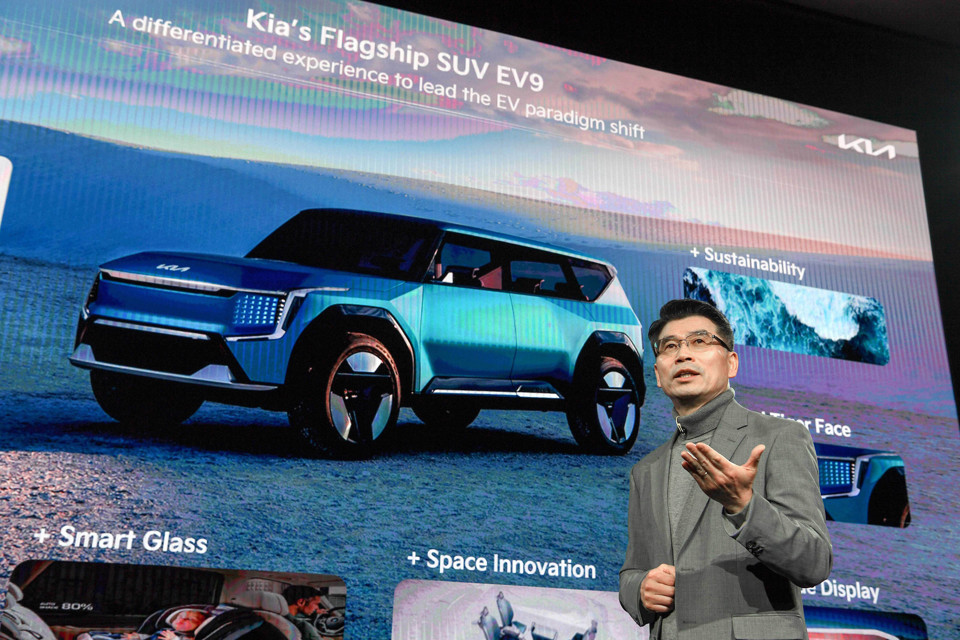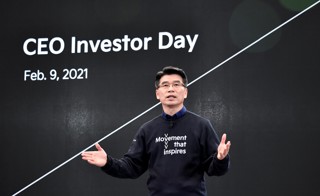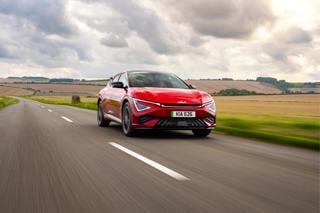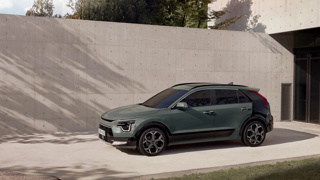Kia has made a new commitment to launch 14 new electric vehicles (EVs), including two pick-up trucks, by 2027.
It forms part of the brand’s strategy to achieve 1.2m annual EV sales by 2030 and overall vehicle sales of 4m.
The Korean car maker previously outlined plans to launch 11 EVs by 2026, while its sales ambitions for EVs has increased by 36% on the target set last year.
Ho Sung Song, president and chief executive of Kia Corporation, said: “Kia has been undergoing a full-scale transformation which has included changes in corporate vision, logo, product and design, and strategy. To achieve the company's vision of becoming a Sustainable Mobility Solutions Provider, we will focus on accelerating the transition to future business models.
"We will become even more customer-centric in our approach and pursue a dynamic transformation while maintaining sound business operations.”
Kia also plans to expand the application of connected car feature and autonomous driving technologies to all new vehicles and to become the number one brand in the global purpose-built vehicle (PBV) market by 2030.
To achieve its aim of 4m vehicle sales in 2030, a 27% per cent increase on its target for 2022, Kia will expand sales of eco-friendly vehicles (including EVs, plug-in hybrid electric vehicles (PHEVs) and hybrid electric vehicles (HEVs) from 17% of global sales in 2022 to 52% in 2030.
It will also launch at least two EVs per year and build a full line-up of 14 EVs by 2027.
Kia will add two electric pick-up trucks – a dedicated electric pickup truck and a strategic model for emerging markets – and an entry-level BEV model.
Its flagship electric vehicle, the EV9, is set for launch in 2023.
The large SUV will have a range of approximately 335 miles and will provide 60 miles of driving range from a six-minute charge.
It will be the first model to be equipped with Kia’s advanced AutoMode autonomous driving technology.
Kia aims to sell 807,000 EVs in 2026 and 1.2 million in 2030.
To accommodate this expanding volume, the roles of individual production sites will evolve.
Korea will serve as a global hub for research, development, production and supply of EVs, while other global production sites will produce strategic EVs for each market.
In Europe, for example, small and medium-sized EVs will be produced starting from 2025.
Securing leadership in the global PBV market
Kia aims to become a leader in the PBV market and will establish an integrated data platform to provide customised services and solutions according to the diverse business models of its PBV customers, across areas such as vehicle charging, maintenance and management.
It says the demand for delivery and logistics services has increased significantly following the acceleration in e-commerce during the Covid-19 pandemic.
In the near term, Kia plans to develop PBV models derived from current models such as Niro Plus, due to be introduced later this year.
Niro Plus will be based on the Niro SUV and is expected to be deployed for taxi service as well as car-hailing services.
In the mid-to long term, Kia will develop dedicated PBVs.
The dedicated PBV will be developed as a flexible structure that sits on a flat, skateboard EV platform, so that the size and shape can be adjusted according to the purpose and customer needs.
Kia will launch its first dedicated model in 2025 when the PBV market is expected to mature.
The first dedicated PBV will be similar in size to a medium-sized vehicle, with inherent scalability.
> Interested in comparing electric vehicle data? Check out our EV tool.
> Interested in ensuring the efficient use of EVs. Check out our dedicated editorial sections: Insight & policy | EV news | Charging & infrastructure | Costs & incentives | Benefit-in-kind | EV case studies | EV road tests
> EVs by price: lowest to highest























Login to comment
Comments
No comments have been made yet.